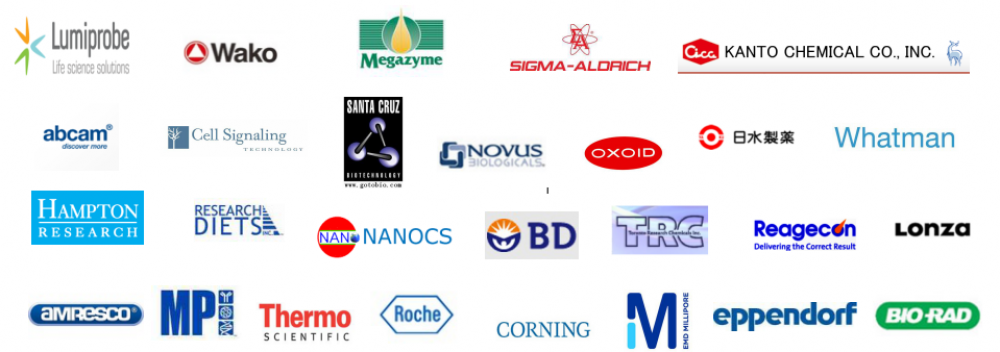| Product Data | |
| Description | Recombinant protein of human Fibroblast Growth Factor-acidic (FGF1) produced in E. coli |
| Species | Human |
| Expression Host | E. coli |
| Expression cDNA Clone or AA Sequence | A DNA sequence encoding the region (Phe16-Asp155) of human FGF1 |
| Tag | Tag Free |
| Predicted MW | 15.9 kDa |
| Concentration | Resuspend the protein to the desired concentration in proper buffer. |
| Purity | >95% as determined by SDS-PAGE and Coomassie blue staining |
| Buffer | Lyophilized from a sterile solution containing 50 mM Tris.Cl, pH7.5, 150mM NaCl. |
| Bioactivity | Measured in a cell proliferation assay using 3T3 cells. ED50 for this effect is typically 0.031 – 0.046 ng/ml. |
| Endotoxin | < 0.1 EU per 1 μg of the protein by the LAL |
| Summary | The protein encoded by this gene is a member of the fibroblast growth factor (FGF) family. FGF family members possess broad mitogenic and cell survival activities, and are involved in a variety of biological processes, including embryonic development, cell growth, morphogenesis, tissue repair, tumor growth and invasion. This protein functions as a modifier of endothelial cell migration and proliferation, as well as an angiogenic factor. It acts as a mitogen for a variety of mesoderm- and neuroectoderm-derived cells in vitro, thus is thought to be involved in organogenesis. Multiple alternatively spliced variants encoding different isoforms have been described. [provided by RefSeq, Jan 2009] |
| Protein Families | Druggable Genome, Secreted Protein |
| Protein Pathways | MAPK signaling pathway, Melanoma, Pathways in cancer, Regulation of actin cytoskeleton |
*Delivery time may vary from web posted schedule. Occasional delays may occur due to unforeseen complexities in the preparation of your product. International customers may expect an additional 1-2 weeks in shipping.
